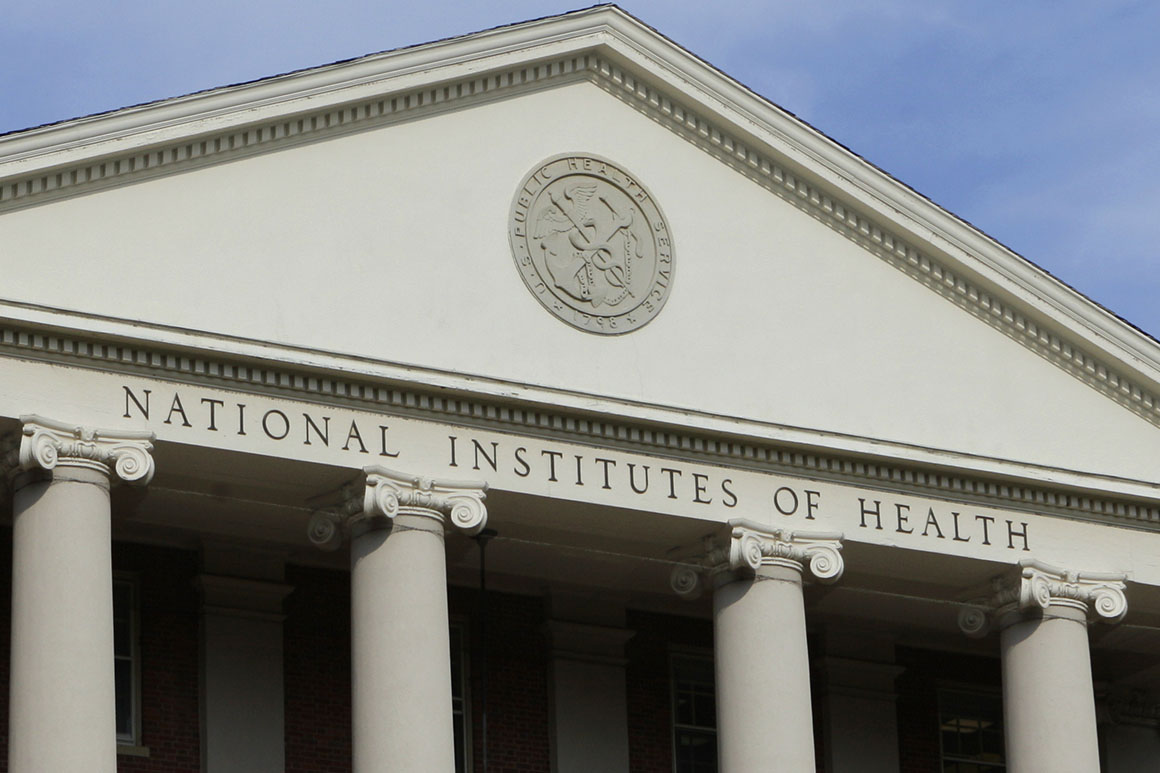
The group caught national attention a week ago after reports swirled that millions from its NIH grants had been sent to the Wuhan Institute of Virology, a research facility in the city where the coronavirus pandemic originated. In an email last week to NIH officials, EcoHealth Alliance President Pete Daszak denied giving any money this year to the Wuhan lab, although researchers from the facility have collaborated with EcoHealth Alliance scientists on research supported by an earlier grant.
The Wuhan lab is at the center of conspiracy theories alleging that the coronavirus outbreak began when the virus escaped the facility. U.S. intelligence agencies and scientists have not found any evidence to support the rumors.
Meanwhile, the NIH’s strategic plan for studying the novel coronavirus, released Thursday, lays out four key priorities — including understanding its origin and transmission, in line with the EcoHealth alliance’s broader investigation of bat coronaviruses. The agency did not respond to a request for comment on its decision to terminate the group’s funding.
In a statement, the EcoHealth Alliance said it wanted to know more about the NIH’s reasoning. “For the past 20 years our organization has been investigating the sources of emerging diseases such as COVID-19,” the group said. “We work in the United States and in over 25 countries with institutions that have been pre-approved by federal funding agencies to do scientific research critical to preventing pandemics. We are planning to talk with NIH to understand the rationale behind their decision.”
Suddenly ending a grant early is an unusual move for the NIH, which typically takes such steps only when there is evidence of scientific misconduct or financial improprieties — neither of which it has alleged took place in this case.
The EcoHealth Alliance has received more than $3.7 million since 2015 for its research on the risks of coronavirus spread through bats and the potential for spillover into humans. The effort has produced at least 20 scientific papers, including several published in prominent journals such as Nature.
As recently as April 2018, the NIH issued a press release promoting a study linked to the research project, whose authors included a scientist at the Wuhan lab.
But the project had turned into a political liability for the NIH by the time Lauer emailed Daszak on April 20 asking for a list of all Chinese participants.
A Newsmax reporter asked President Donald Trump about the research project in an April 17 press briefing, suggesting that all $3.7 million had gone to the Wuhan lab.
„We will end that grant very quickly,” Trump said. “It was granted quite awhile ago,” he added, referencing the Obama administration. “Who was president then, I wonder?“
Source: politico.com
See more here: news365.stream






